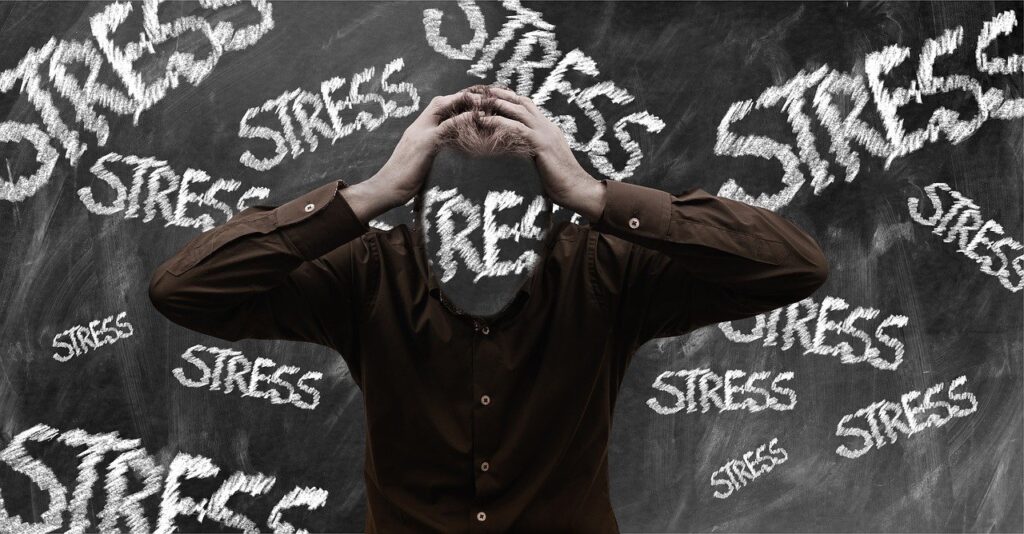Managing your Stress
Stress affects us all in a number of ways, physically, emotionally, mentally, and in varying intensities too. Stress, when short-lived, is positive as it makes us more alert and helps us perform better in certain situations. However, excessive stress can lead to illnesses such as heart disease and mental health problems such as depression and anxiety.
We all experience stress but when it is affecting our life, health, and wellbeing, it is important to tackle it as soon as possible. All sorts of situations can cause stress.

Stress is a natural reaction to difficult situations in life, such as work, money matters and relationships with friends, partners, children, or other family members. It is therefore important that we manage our stress and keep it at a healthy level to prevent long-term damage to our bodies and minds.
When you are feeling stressed, try to take these steps:
- Realise when it is causing you a problem. You need to make the connection between feeling tired or ill, with the pressures you are faced with. Do not ignore physical warnings such as tense muscles, over-tiredness, headaches, or migraines.
- Identify the causes. Try to identify the underlying causes, and then sort the possible reasons for your stress into those with a practical solution, those that will get better on their own, and those that you can’t do anything about. Now, let go of those in the second and third groups as there is no point in worrying about things that will sort themselves out or those things that you can’t change.
- Review your lifestyle. Ask yourself whether you are taking on too much? Are there things you can delegate? Can you do some of them at a more leisurely pace? Try to prioritise things that you are trying to achieve or organise your life so that you are not attempting to complete everything at the same time.
- Eat healthily. There is growing evidence that the food we consume affects our mood. Feelings of well-being can be enhanced with a healthy diet with adequate amounts of brain nutrients such as essential vitamins and minerals, as well as water.
- Exercise. Physical exercise can be very effective in relieving stress. Get out more often for fresh air and some light exercise such as walking.
- Take Time-Out. Take time to relax as it is better than being forced to take it later through ill-health.
- Get more restful sleep. Sleeping problems are common when you are suffering from stress. Try to get more sleep. For more information on sleep, read this article on Resetting your Insomnia / Sleep Disorder
- Don’t be too hard on yourself. Try to keep things in perspective. We have all had our bad days, so don’t be too hard on yourself.
- Speak to someone. If you feel that you are struggling to manage on your own, it is okay to ask for professional help. Try to get help as soon as possible or contact me at health@quahassociates.com